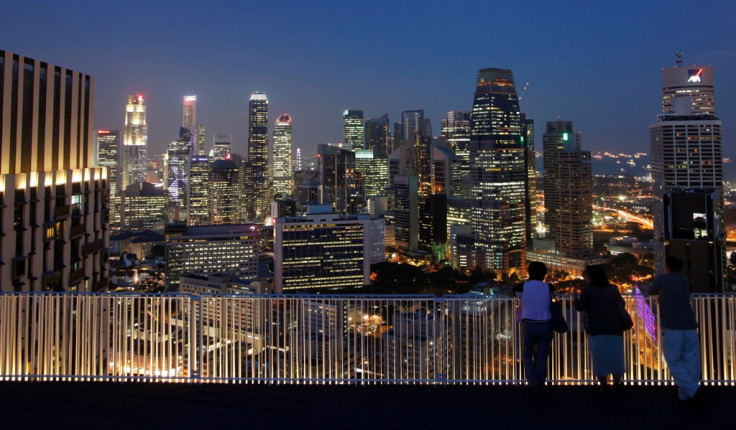Randstad Survey: Singapore's Workers Unhappiest in Asia

Workers in tiny Singapore, whose per-capita GDP exceeds that of the US and Germany, are the unhappiest in Asia and nearly two-thirds would like to quit their jobs over the next 12 months, according to a survey.
23% of all Singaporean workers felt unmotivated and that their skills were not being used effectively, while 64% said they planned to quit their jobs in the next year, according to the World of Work report by recruiting firm Randstad Group.
The top reasons for discontent were an unsuitable corporate culture, demanding bosses and being asked to do more with less.
The survey said Singaporeans were now laying more emphasis on work/life balance, as 50% of those polled ranked it as one of the main reasons to refrain from switching jobs, up from 15% in 2012.
However, 55% of all employers said their ability in creating flexible working options was average or poor.
A majority of employers also said that managing a workforce of various ages was one of their toughest challenges.
Indians Happiest Lot
Indian workers were the happiest in Asia, with about 70% feeling challenged, motivated and mentored, according to the survey of 14,000 employers and professionals in Singapore, India, Malaysia, Hong Kong, China, Japan, Australia and New Zealand.
"There is no magic equation for retention but having career development opportunities readily available is a great start," Michael Smith, the country director of Randstad Singapore, said in a statement.
About 59% of all Singaporeans received a pay hike in 2013.
Singapore, a banking, trade and oil-refining hub in the region, has witnessed unmatched public discontent in recent years over rising living costs and competition from foreign workers.
Singapore's long-dominant government, which bore the brunt of public ire in a 2013 parliamentary by-election, has sought to temper living costs and raise the entry barriers for foreigners in its labour market.
The steps include raising the minimum salary for foreigners seeking an employment pass to S$3,300 a month and compelling employers to advertise job vacancies to Singaporeans for 14 days before a foreign worker can be hired.
© Copyright IBTimes 2025. All rights reserved.






















